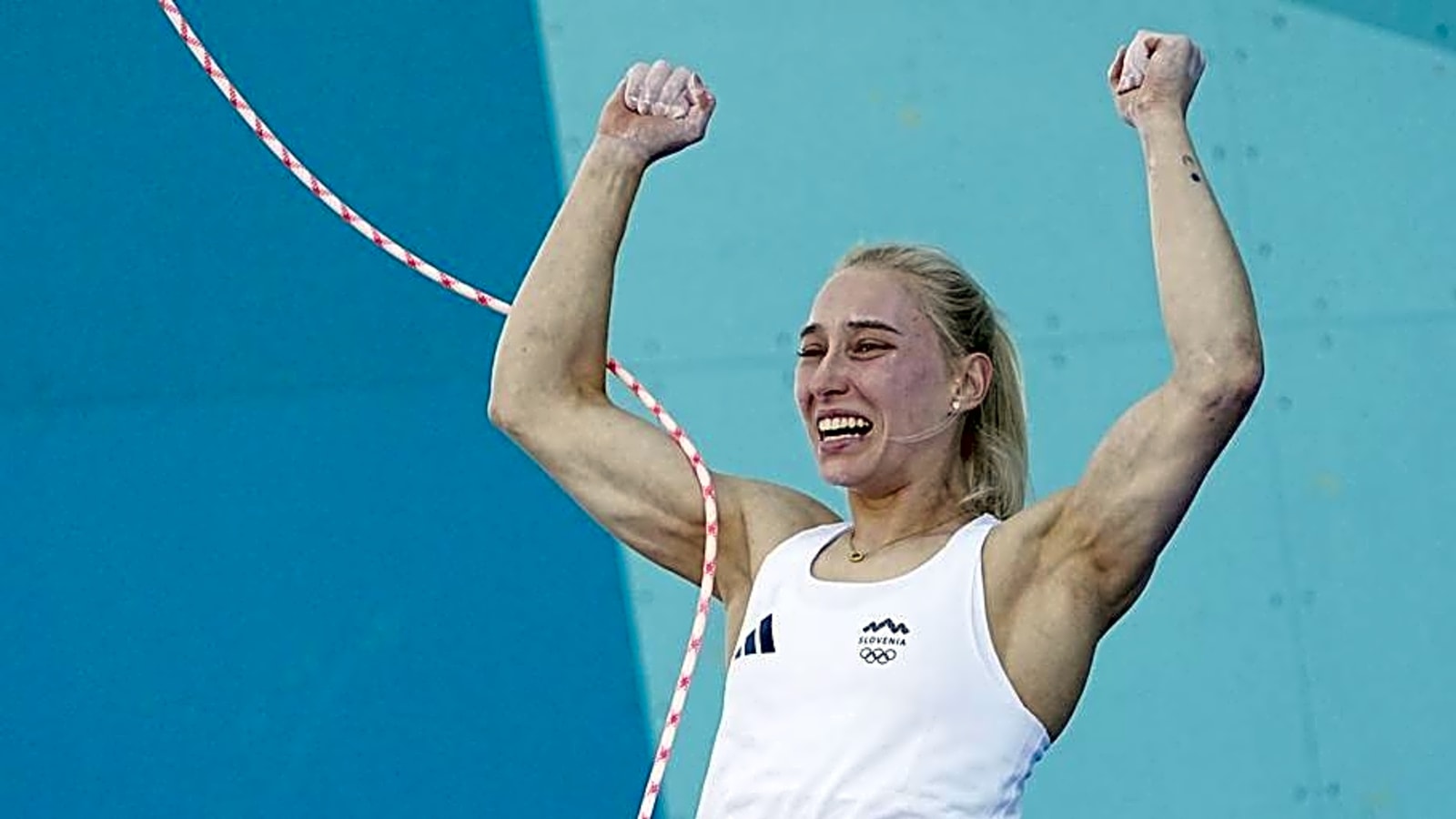
In April, 26-year-old Olympian Janja Garnbret announced that she would be taking a step back from competing in rock climbing competitions to prioritize her well-being. Her statement was met with support and respect from climbers and fans around the world. She made it clear that she would be returning for the International Federation of Sport Climbing (IFSC) World Cup in Innsbruck, Austria. Still, her absence sent a striking message to the athletic community.
While competing professionally is undoubtedly a dream for many young athletes, athletic careers inevitably result in an immense amount of pressure, both physically and mentally. To prevent burnout, athletes must listen to their bodies and allow time for recovery.
According to a 2024 study by Alvarez Pires, D., et al.,"Five unsolved issues concerning burnout in athletes: An expert perspective," Sports Psychiatry 3, no. 1, 39-46, there are five primary topics regarding athlete burnout that need to be further addressed:
1. Burnout is a multidimensional syndrome characterized by physical and emotional exhaustion, a reduced sense of accomplishment, and a sense of sport devaluation.
2. Negative consequences of burnout outside of athletics, which may include increased risks of physical diseases (e.g., coronary heart disease, type 2 diabetes), along with reduced performance. To date, research detailing the direct correlation between athlete burnout and consequences remains limited.
3. The role of recovery in burnout — a lack of proper recovery serves as a precursor to burnout.
4. The importance of the social environment — social pressure, peer rejection, and negative interactions can all lead to burnout. The study highlights the importance of determining when support is "needed, welcomed, and effective."
5. Developing effective interventions that can be used to cope with the effects of burnout.
When considering these five elements, Garnbret's voluntary hiatus becomes admirable — something that more professional athletes should feel comfortable considering.
Janja Garnbret Releases Powerful Statement Following Her Triumphant Return
After putting a temporary halt to her competitive journey, she was able to make a strong return to the IFSC World Cup in Innsbruck, where she not only earned a gold medal in the Boulder discipline but also clinched the victory in Lead. Following her victories, she took to social media to share her thoughts on the past few months:
"Nine months ago, I stepped away — not just from competing, but from constantly chasing more. The perfectionism. The weight of always having to be strong. Stepping away from the noise, the pressure and the podiums — out of deep respect for my body, my mind and my well-being."
Garnbret ended her message by leaving a heartfelt message for her followers:
"To those who held space for me in my absence, thank you. To the climbers who think they need to be invincible, you don't. Rest is part of the game. Mental health is a strength. And self-care is not a pause in your story; it is the story. And thank you to the girl who dared to rest when the world expected her to win."
Garnbret had enough courage to put herself first in a world where athletes are expected to deliver time and time again, then followed up her hiatus with two consecutive gold medals, revealing the importance of rest and recovery. She said it best herself, "I came back way stronger in every way. More grounded. More grateful. More human."
More must-reads:
- Yankees' new-look bullpen blows huge lead in loss to Marlins
- Brewers fall just shy of franchise record in win over Nationals
- The '250-strikeout MLB seasons' quiz
Breaking News
Trending News
Customize Your Newsletter
 +
+
Get the latest news and rumors, customized to your favorite sports and teams. Emailed daily. Always free!








